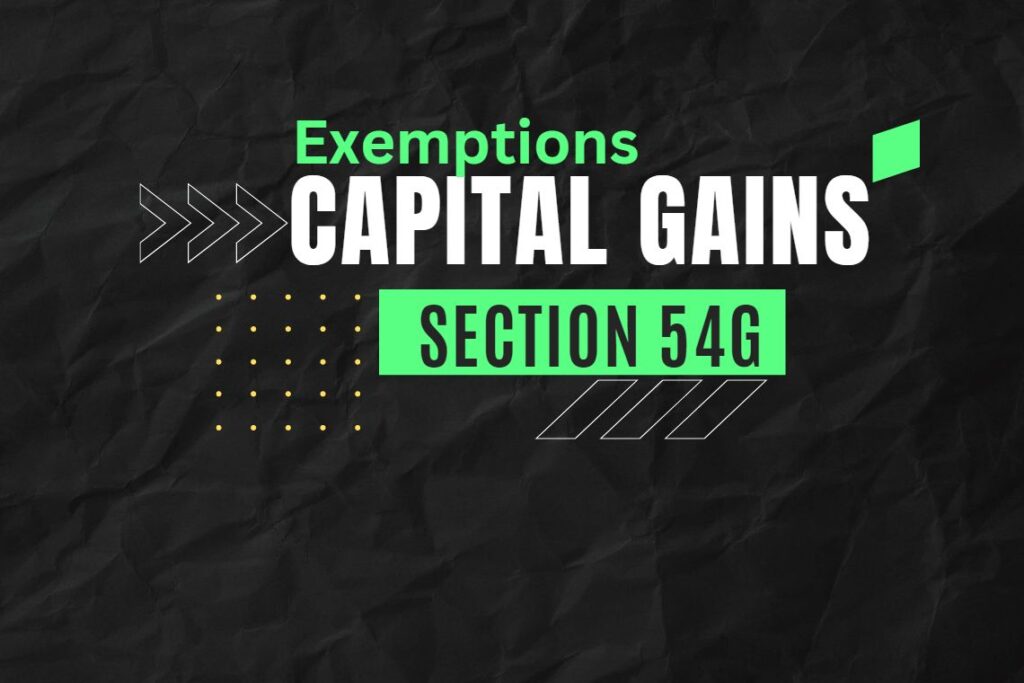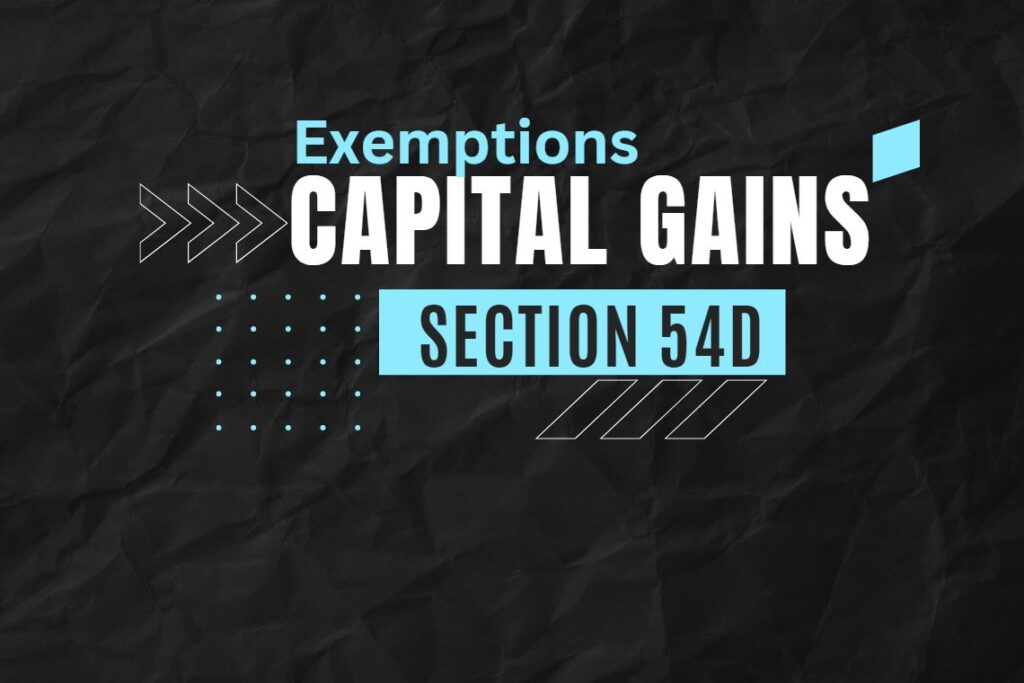Section 54 of the Income Tax Act, 1961 provides tax exemption on long-term capital gains (LTCG) arising from the sale of a residential house property, if the proceeds are reinvested in another residential property.
1. Eligibility Conditions
✅ Asset Sold: Must be a residential house property (not commercial/land).
✅ Holding Period: Property must be held for >24 months (LTCG applies).
✅ Reinvestment: Must purchase/construct another residential house in India.
2. Exemption Calculation
- Exemption Amount= Capital Gain or Investment in New Property, whichever is lower.
- Full Exemption: If the entire capital gain is reinvested.
- Partial Exemption: If only part of the gain is reinvested, the balance is taxable.
Example:
- Sale Price: ₹1.2 Crore
- Purchase Cost (Indexed): ₹60 Lakh
- Capital Gain: ₹60 Lakh
- Reinvestment in New House: ₹70 Lakh
- Taxable Gain: ₹0(Full exemption since reinvestment > gain).
3. Time Limits for Reinvestment
| ACTION | DEADLINE |
| Purchase New House | 1 year before or 2 years after sale. |
| Construct New House | Must complete within 3 years from sale. |
Note: If construction is delayed beyond 3 years, the exemption is revoked, and tax becomes payable.
4. Conditions & Restrictions
✔ Only One New House Allowed: Cannot claim exemption for multiple properties.
✔ No Commercial Use: The new property must be residential (not rented out for business).
✔ One-Time Benefit per Sale: Cannot split gains across multiple properties.
5. What If the New Property is Sold Later?
- Lock-in Period: The new property must not be sold within 3 years.
- Tax Implication: If sold earlier, the exemption is reversed, and the original capital gain becomes taxable.
6. Comparison with Section 54F
| ASPECT | SECTION 54 (RESIDENTIAL PROPERTY SALE) | SECTION 54F (OTHER ASSET SALE) |
| Asset Sold | Only residential property | Any capital asset (land, shares, gold) |
| New Property | Must buy residential house | Must buy one residential house |
| Ownership Rule | No restriction | Must not own more than one house (other than new one) |
7. Documents Required for Claiming Exemption
- Sale Deed(old property).
- Purchase Agreement/Construction Proof(new property).
- Bank Statements(proof of reinvestment).
- Completion Certificate(if constructing).











